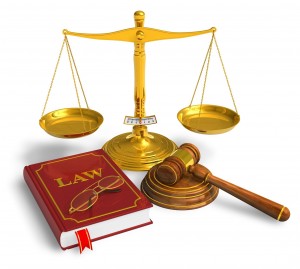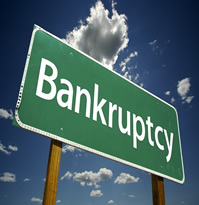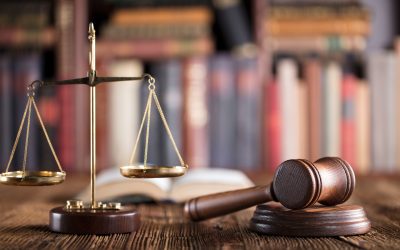Chapter 13 bankruptcy is designed for those with assets and some means, such as reasonable enough income to meet basic needs, to file for bankruptcy without having to liquidate things such as homes or other valuable assets. It also allows you to greatly extend the time period in which you have to repay a creditor, while at the same time consolidating all debt in to one monthly payment that will typically total far less than it would if you were to continue to pay each creditor individually. It can also help in stopping foreclosure on your home or having your utilities turned off. So, you may need a chapter 13 bankruptcy lawyer if the above sounds like it may apply to you.
By using a lawyer to file for chapter 13 bankruptcy, you become capable of retaining possession of valuables and significant assets. Your lawyer will be able to immediately stop foreclosures and repossessions once the proper paperwork is filed. You will not lose your home, have your utilities shut off, or have your vehicles hauled away. Instead, you will be granted an extended period of time in which to make delinquent payments. Chapter 13 functions as a payment restructuring plan rather than the liquidation aspect of chapter 7, and your lawyer will be able to explain to you all of the differences and help you determine which one will best suit your needs. If you make suitable enough income to live on, but can’t keep up with scheduled payments or other debts, then your lawyer is likely to suggest chapter 13.
A chapter 13 bankruptcy allows for a much longer amount of time to pay off debts, often reduces the total amount you owe, and creates one single payment to be made each month rather than making several separate ones. Working with a lawyer can make it so that person can assist you in structuring the plan to fit your needs and means. This is a big part of where the necessity of a chapter 13 bankruptcy lawyer comes in. You may not be able to make this sort of determination on your own, or may not be able to come up with a plan that is reasonable to both yourself and the bankruptcy trustee to whom you will ultimately be paying each month. Your lawyer will step in and help crunch those numbers for you, while working with you to continue steering you in the correct direction.
While usually an easier process than filing for a chapter 7 bankruptcy, a chapter 13 bankruptcy can still have pitfalls of its own, so competent assistance is strongly advisable. It’s possible you may not need a lawyer to assist you, but considering the potential losses you may face, is it really worth the risk to not have one involved?









